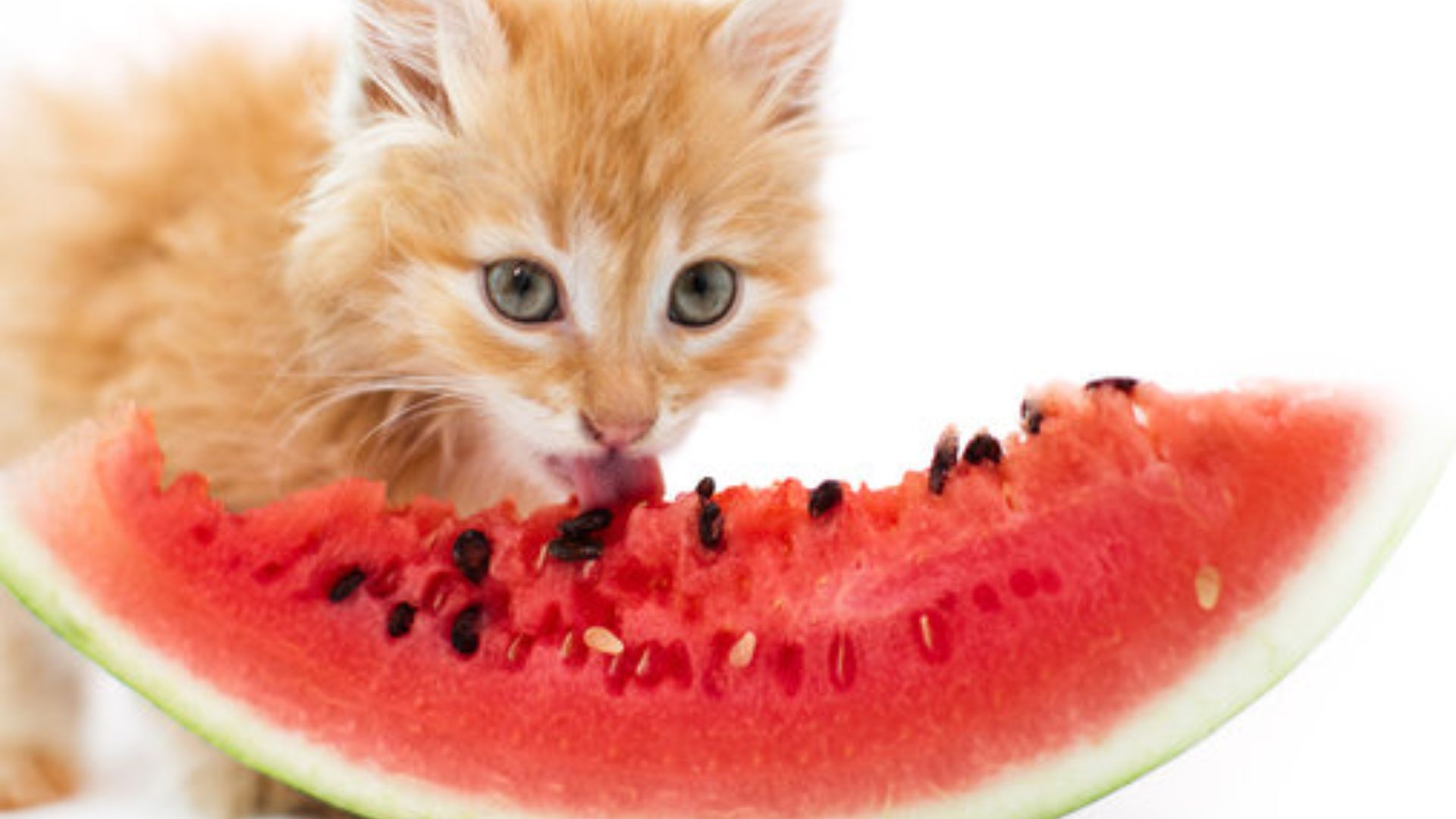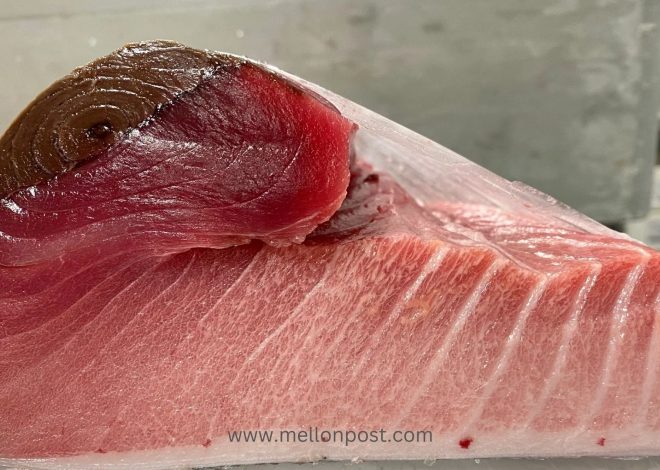
Human food cats can eat everyday
Cats can eat certain human foods every day as part of a balanced diet. Some human foods that cats can eat daily include:
1. Chicken and Turkey: Thoroughly cooked chicken and turkey are high in protein and relatively low in calories, making them safe options for daily consumption.
2. Fish: Cooked fish, especially oily fish like mackerel and tuna, can be beneficial for cats’ eyesight, joints, and brain function.
3. Cheese: Cheese is high in calcium and protein, making it a suitable daily treat for cats.
4. Rice: White rice, when fed in moderate quantities, can be helpful for cats with digestive issues due to its high fiber content.
5. Pumpkin: Pureed pumpkin is rich in fiber and nutrients that can aid in digestion and help with issues like constipation and hairballs.
6. Oatmeal: Oats are beneficial for cats due to their fiber, iron, and protein content, and can be given daily in small amounts.
7. Eggs: Cooked eggs are a protein-rich food that can be safely fed to cats daily, as long as they are cooked to avoid the risk of salmonella or E. coli.
8. Spinach: Spinach is high in vitamins and can be given to cats daily, although it should be avoided for cats with kidney or urinary problems.
It is essential to remember that these human foods should be given in moderation and as part of a balanced diet to ensure that cats receive all the necessary nutrients from their regular cat food. Consulting with a veterinarian about the best diet for your cat is recommended to ensure their nutritional needs are met.
Some human foods that can help with cat allergies
Cats can eat certain human foods daily as part of a balanced diet, including chicken, turkey, fish, cheese, bananas, berries, melon, carrots, rice, pumpkin, oatmeal, eggs, and spinach. These foods are high in nutrients and can be beneficial for cats’ health.
However, it is important to feed these foods in moderation and as part of a balanced diet, and to consult with a veterinarian about the best diet for your cat.
It is also important to avoid feeding cats toxic human foods, such as chocolate, nuts, coffee, dairy products, coconut milk, alcohol, alcohol-containing products, yeast-containing raw dough, raw meats or fish, and anything sweetened with xylitol. These foods can be harmful or even deadly to cats.
How much human food can cats eat in a day
Cats can eat certain human foods as part of a balanced diet, but it is important to feed them in moderation and as a supplement to their regular cat food. Some human foods that cats can eat include:
1. Cooked lean meats, such as chicken, turkey, and fish, which are high in protein and relatively low in calories.
2. Cooked eggs, which are packed with nutrients and highly digestible.
3. Cucumbers, steamed broccoli, and carrots, which can be a safe and healthy treat for cats.
4. Apples, bananas, blueberries, and strawberries, which are low in sugar and high in antioxidants.
5. Rice and oatmeal, which can aid in digestion and provide balanced nutrition.
6. Pumpkin, which is low in calories and high in fibre, and can be an effective treatment for cats with abnormal stools.
7. Cheese, which is high in calcium and protein, and can be easily baked into treats or fed to your cat raw in small amounts.
It is important to note that cats are obligate carnivores, which means that their diets need to be specific and should primarily consist of meat. Therefore, any human foods that are fed to cats should be cooked, lean, and free of additives like salt and spices.
Additionally, human foods should not make up more than 10% of a cat’s overall diet, and any new foods should be introduced gradually to avoid upsetting their digestive system. It is always best to consult with a veterinarian before making any major changes to a cat’s diet.
Some human foods that cats should avoid
Some human foods that cats should avoid include:
1. Chocolate: Chocolate contains theobromine and caffeine, which are toxic to cats and can cause symptoms such as restlessness, hyperactivity, muscle twitching, increased urination, tremors, vomiting, diarrhoea, abnormal heart rhythm, seizures, and even death.
2. Onions and Garlic: Onions, garlic, and other members of the allium family contain thiosulphate, which can cause hemolytic anaemia in cats by damaging their red blood cells.
3. Grapes and Raisins: Grapes and raisins can cause kidney failure in cats, and even small amounts can be toxic.
4. Alcohol: Alcohol is toxic to cats and can cause symptoms such as vomiting, diarrhoea, difficulty breathing, tremors, coma, and even death.
5. Caffeine: Caffeine is toxic to cats and can cause symptoms such as restlessness, hyperactivity, muscle twitching, increased urination, tremors, vomiting, diarrhoea, abnormal heart rhythm, seizures, and even death.
6. Dairy Products: Many cats are lactose intolerant and cannot digest dairy products, which can cause symptoms such as diarrhoea, vomiting, and abdominal pain.
7. Raw Meat, Fish, and Eggs: Raw meat, fish, and eggs can contain bacteria such as Salmonella and E. coli, which can be harmful to cats.
8. Xylitol: Xylitol is a sugar substitute that is toxic to cats and can cause symptoms such as hypoglycemia, seizures, liver failure, and even death.
9. Nuts: Nuts, especially macadamia nuts, can be toxic to cats and can cause symptoms such as weakness, tremors, vomiting, and hyperthermia.
10. Avocado: Avocado contains persin, which can be toxic to cats and can cause symptoms such as vomiting, diarrhoea, and abdominal pain.
11. Fruit Pits and Seeds: Fruit pits and seeds, especially those of apples, cherries, peaches, and plums, can contain cyanide, which is toxic to cats.
12. Bones: Bones can splinter and cause damage to a cat’s digestive system, and can also be a choking hazard.
13. Fat Trimmings: Fat trimmings can cause pancreatitis in cats, which is a serious and potentially fatal condition.
14. Mushrooms: Mushrooms can be toxic to cats and can cause symptoms such as vomiting, diarrhoea, abdominal pain, seizures, and even death.
15. Yeast Dough: Yeast dough can expand in a cat’s stomach and cause bloating, pain, and even rupture of the stomach or intestines.
It is important to note that while some human foods can be safe for cats to eat in moderation, they should never replace a balanced and complete cat food diet. It is always best to consult with a veterinarian before introducing any new foods to a cat’s diet.


